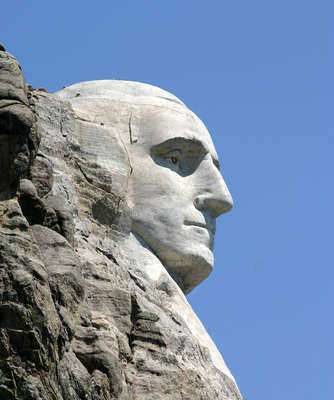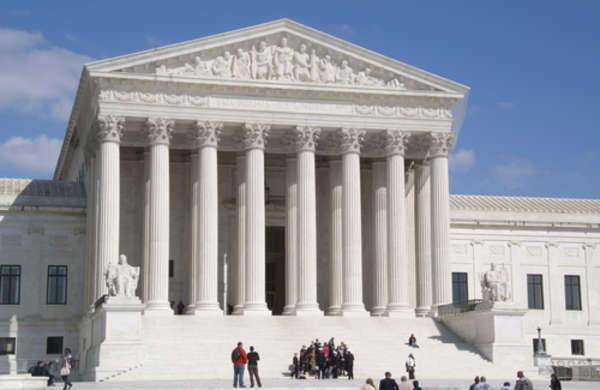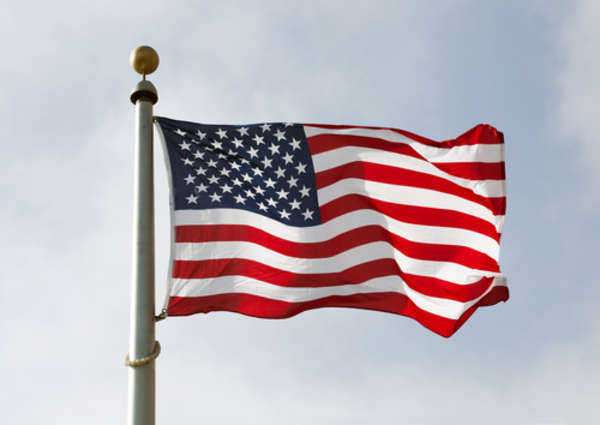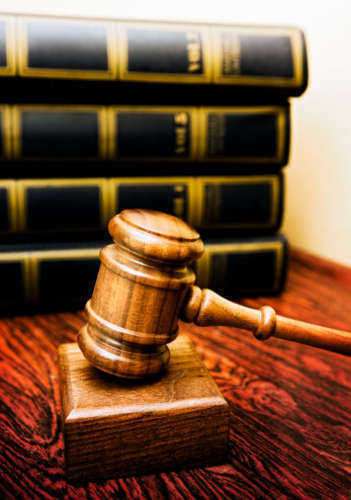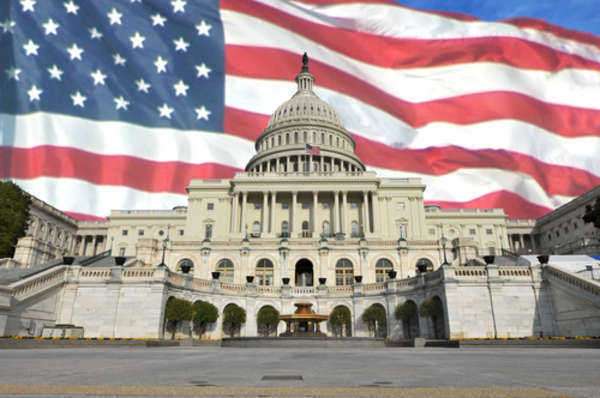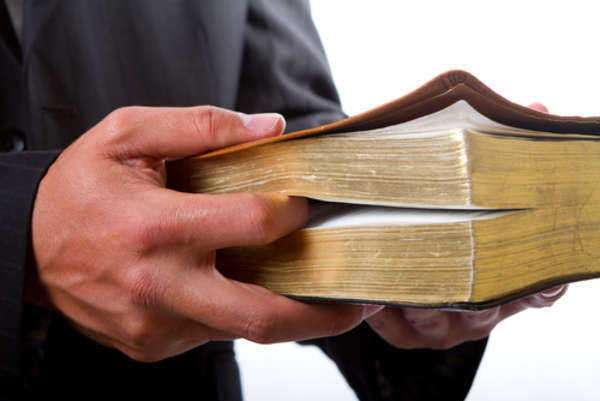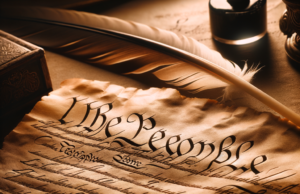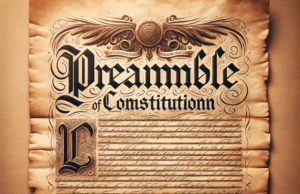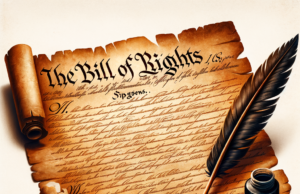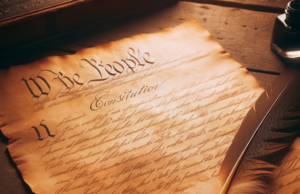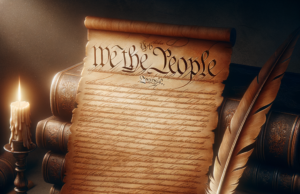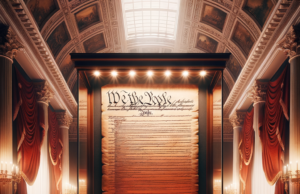A Short Biography of George Washington
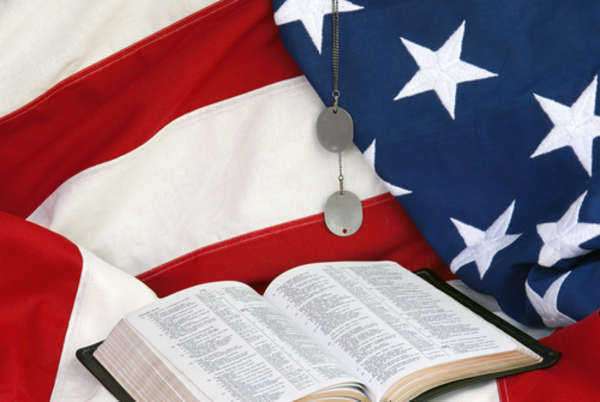
George Washington was an American statesman, military leader, and Founding Father who commanded the Continental Army during the American Revolutionary War. Born in Virginia in 1732, Washington spent much of his early life on his family’s farm before venturing into a career as a surveyor, during which time he developed an interest in military matters.
Washington was appointed to be the commander-in-chief of the Continental Army in 1775 and led the fledgling American forces to several key victories during the war, including the pivotal Battle of Yorktown in 1781. After the war ended, Washington retired from the military and became a prominent political figure in the United States.
In 1789, Washington was unanimously elected as the first President of the United States, a position he held until 1797. During his presidency, he oversaw the creation of the United States Constitution, the establishment of the federal government, and the negotiation of several key treaties with foreign powers.
After leaving office, Washington retired to his estate in Virginia, where he spent his remaining years managing his property and taking an active interest in the development of the country. He died in 1799 at the age of 67 and is widely regarded as one of the most important figures in American history, revered for his military leadership, political acumen, and steadfast commitment to the ideals of democracy and freedom.
From 1789-1797, George Washington served as the first President of the United States of America. Washington is regarded as the “Father of the United States” for his numerous achievements, most notably his role as commander of the Continental Army in the Revolutionary War and his unyielding efforts to formulate a unified and efficient country.
Washington’s intelligence, charisma, and military experience made him perhaps the most successful and revered general in United States history. Aside from his remarkable accomplishments, Washington’s achievements went beyond the war, extending to the formation of America and the creation of the United States Constitution. Although his closest advisers (Thomas Jefferson and Alexander Hamilton) respectively positioned themselves within the Anti-Federalist and Federalist factions, George Washington never affiliated himself with a political party.
The first President of the United States believed that political parties would create stagnation and the creation of opposing sides would impede the collective goals of the country. In regards to the creation of the Constitution, George Washington must be held separate from his fellow Founding Fathers. During the Revolution, Washington was busy
fighting and leading armies to victory over British factions. The “Father of the United States” was tangled in a war, while his fellow intellects were busy contemplating the future and structure of the United States Government.
That being said, in a popular George Washington biography-The Real George Washington-it was revealed that the first President was quite skeptical over the creation of a Constitution. In the George Washington biography, he is quoted as saying, “I almost despair of seeing a favorable issue to the proceedings of the convention, and do therefore repent having any agency in the business.” George Washington’s uneasiness in regards to the Constitution stemmed from a bipartisan sentiment. The goal of finding compromise, of pleasing both contrasting parties, seemed beyond arduous.
Washington had similar fears to prominent Anti-Federalist Party members. He believed that America should be reticent towards the creation of a Federal Government and avoid similar tyrannous actions imposed by the British Parliament. Washington eventually agreed to preside over the Philadelphia Convention in 1787 and oversee the drafting of the United States Constitution. The first President felt as though the original Articles of Confederation severely lacked in finding an appropriate balance of powers. In addition, events such as Shay’s Rebellion and the crippling effects of war, enlightened George Washington to the need of a functional and powerful central Government.
Through the George Washington biography, his sentiments over an empowered Federal Government became transparent. Washington, who was a general at heart, believed that the army needed proper funding and stability to perform its critical duties. Washington’s biggest fear was a nation with a weak heart, one that could be taken over with an effortless assault. Following the adoption of the Articles of Confederation, George
Washington was viewed as the leader of the newly found America. Due in large part to his heroic military efforts, he was lauded as an exemplary Republican and true warrior.
Although not intended to join the Constitutional Convention, Washington was unanimously elected President. Washington rarely participated in debates, but as the need for a national President grew, the delegates of the Constitutional Convention were all aware of the appropriate choice. George Washington received 100% of the electoral vote and
assumed the role of President in 1789. Immediately upon entering office, his support and prestige convinced the 13 states to unanimously ratify the American Constitution.


